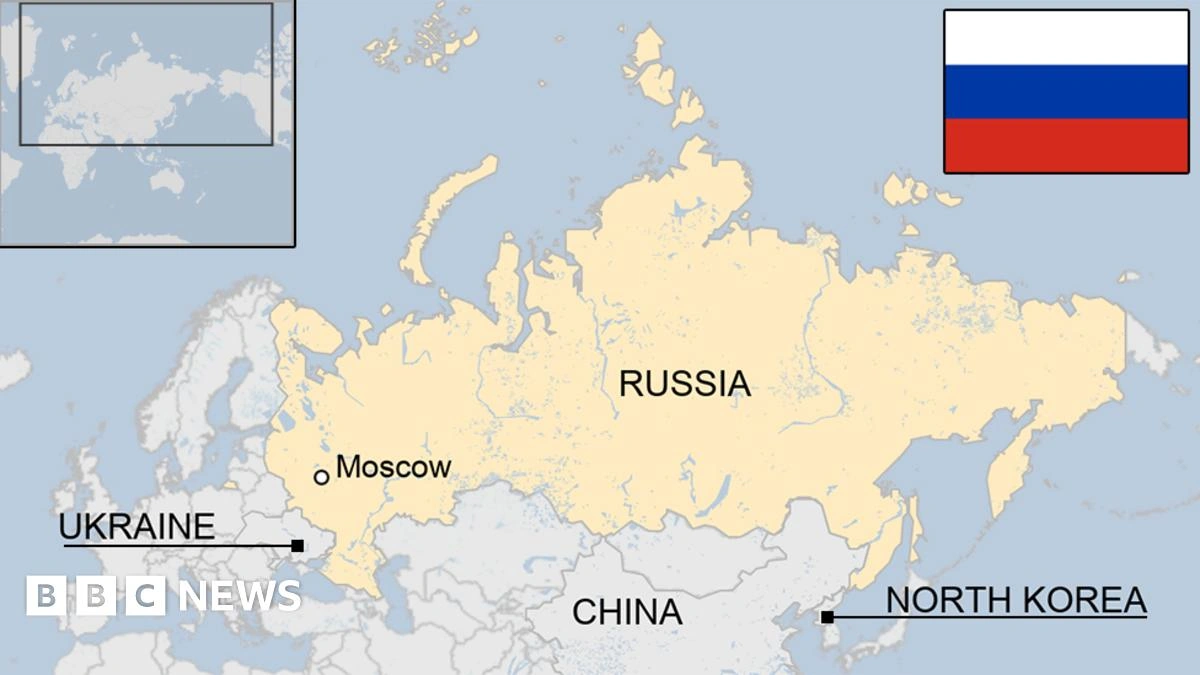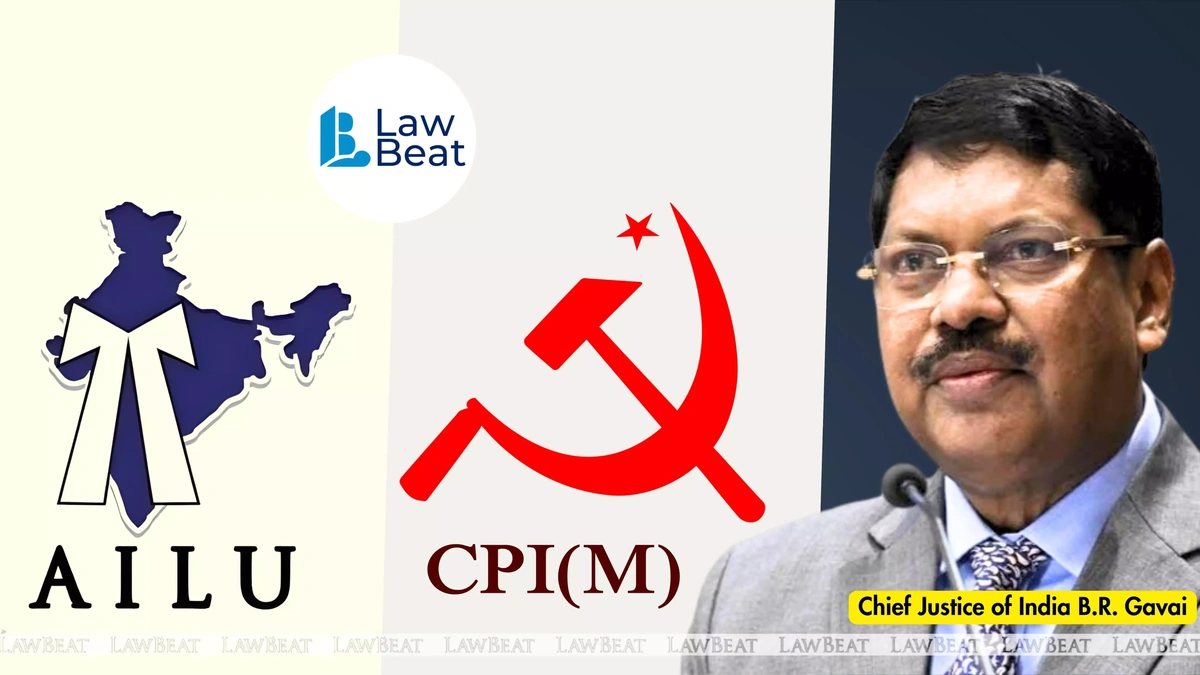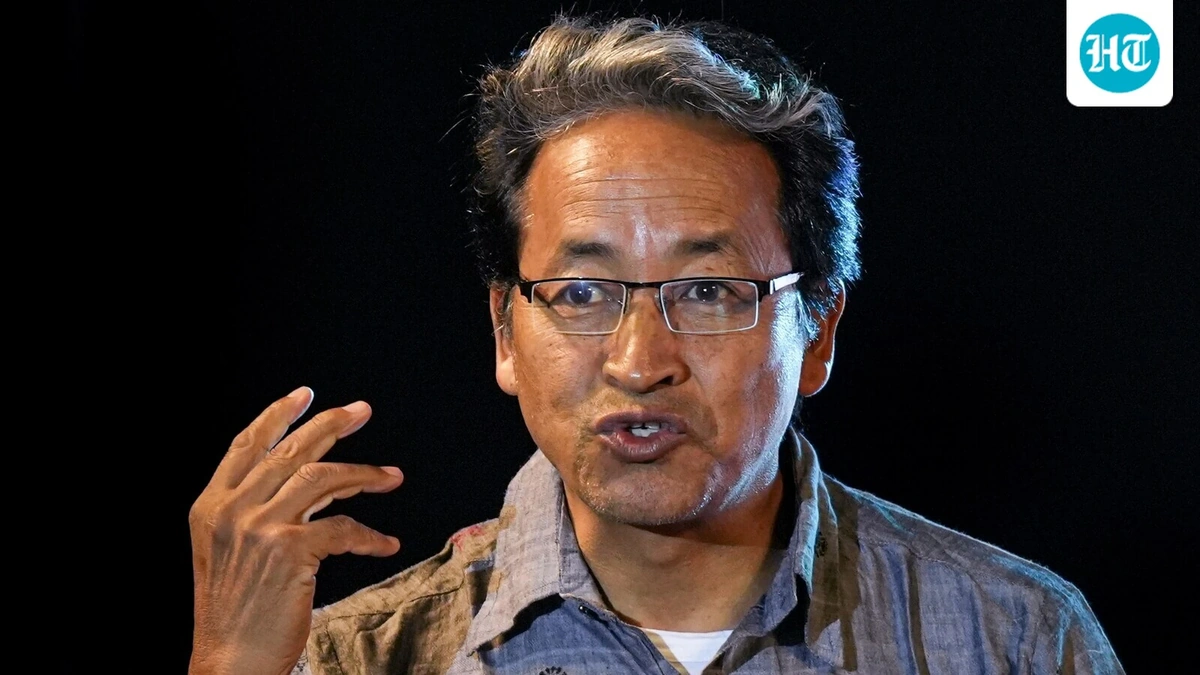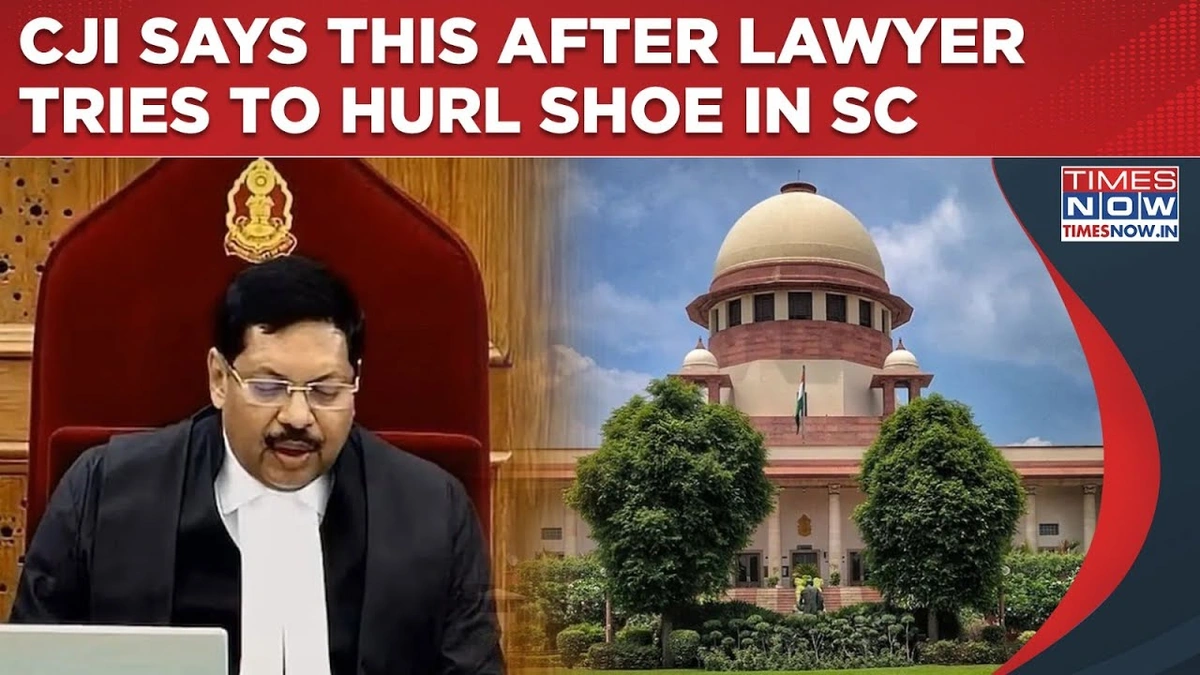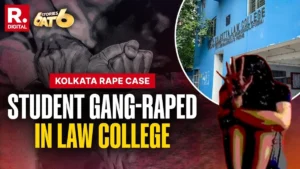Decoding Russia | More Than Just Headlines, It’s About Understanding Why
We see the headlines every day – Russia this, Russia that. Russian economy, Russian politics, Russian influence… But let’s be honest, most of the time, we’re just skimming the surface. What really matters is understanding the “why” behind it all. What are the driving forces shaping Russia’s actions on the global stage, and how do those actions impact us here in India?
This isn’t about taking sides; it’s about informed analysis. It’s about understanding the historical context, the cultural nuances, and the strategic calculations that underpin Moscow’s decisions. Think of it as getting the real story, not just the news feed.
The Historical Echoes | Understanding Russia’s Past
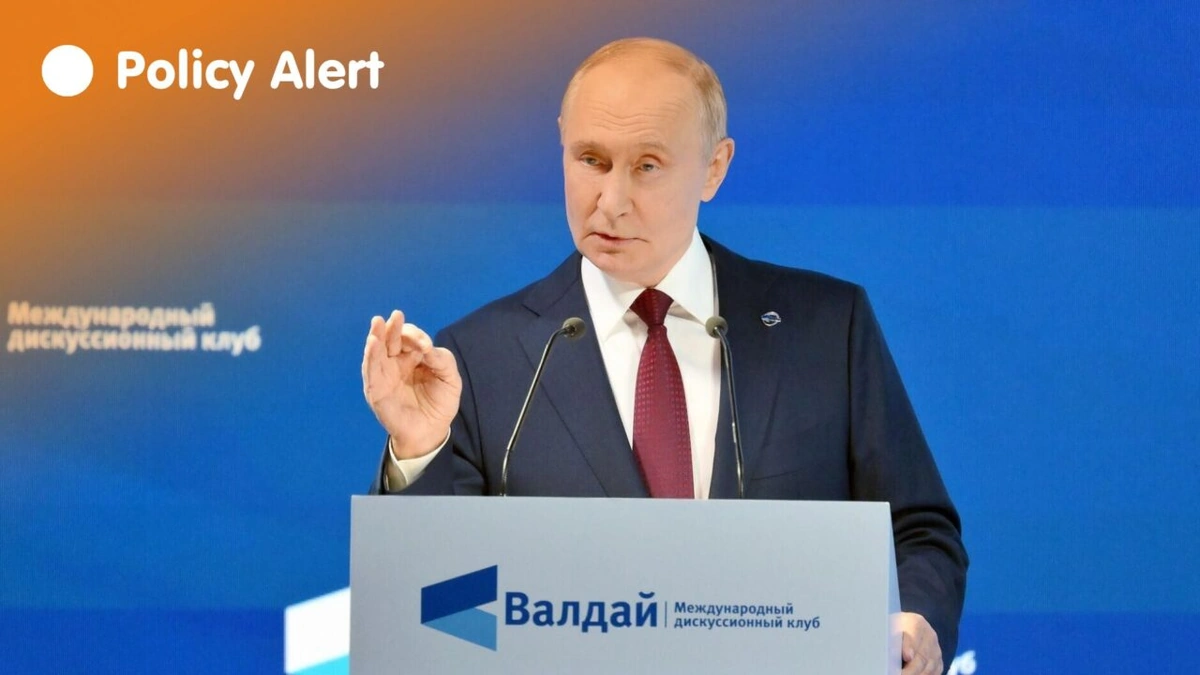
To truly grasp the present, we need to look back. Russia’s history is a tapestry woven with threads of expansionism, resilience, and a deep-seated sense of national identity. Centuries of invasions, autocratic rule, and territorial ambitions have shaped its worldview.
Consider, for example, the impact of the Mongol Yoke or the Napoleonic Wars. These events left an indelible mark on the Russian psyche , fostering a belief in self-reliance and a wariness of external powers. And it’s not just ancient history; the collapse of the Soviet Union in 1991 was a seismic event that continues to reverberate through Russian society today. It left many Russians feeling betrayed and diminished, fueling a desire to restore their nation’s former glory. A common mistake is to view Russia’s current actions without this vital historical context.
The Geopolitical Chessboard | Russia’s Strategic Calculations
Now, let’s fast forward to the present. Russia views the world as a complex geopolitical chessboard, where every move is calculated and every alliance is strategic. Its relationship with the West, particularly the United States and NATO, is marked by a deep sense of mistrust and competition.
Russian foreign policy is driven by several key objectives: maintaining its sphere of influence in its near abroad (countries like Ukraine, Belarus, and Kazakhstan), securing access to vital resources like oil and gas, and challenging what it sees as Western hegemony. But, to be clear, Russia isn’t alone in pursuing its own interests; this is the game that every country plays in the international arena. The key is understanding how and why Russia plays the game the way it does.
For instance, Russia’s involvement in Syria can be seen as a strategic move to project power in the Middle East, protect its naval base in Tartus, and support a key ally in Bashar al-Assad. I initially thought this was a straightforward case of power projection, but then I realized it was also about sending a message to the West: Russia is back, and it’s not afraid to assert its interests.
The Economic Engine | Fueling Russia’s Ambitions
Let’s talk about money. Russia’s economy is heavily reliant on its vast reserves of natural resources, particularly oil and gas. These resources provide the financial muscle that allows Moscow to pursue its foreign policy objectives and maintain its military strength.
But here’s the thing: this dependence on natural resources also makes Russia vulnerable to fluctuations in global commodity prices. When oil prices plummet, the Russian economy suffers. That’s why Moscow is actively seeking to diversify its economy, invest in new technologies, and strengthen its trade ties with countries like China and India.
And speaking of India, the Indo-Russian economic relationship is a fascinating one. From defense deals to energy partnerships, the two countries have a long history of cooperation. Their relationshipis built on shared interests and a pragmatic approach to international relations.
The Information Battlefield | Russia’s Influence Operations
In today’s digital age, warfare isn’t just about tanks and missiles; it’s also about information. Russia has been accused of engaging in sophisticated influence operations aimed at undermining Western democracies, spreading disinformation, and sowing discord.
These operations often involve the use of social media, fake news websites, and bot networks to amplify divisive narratives and manipulate public opinion. The goal isn’t necessarily to convince people of a particular viewpoint, but rather to create confusion, distrust, and polarization. According to various investigative reports, the Russian government has been linked to several disinformation campaigns.
This is where critical thinking and media literacy become essential. We need to be able to distinguish between credible sources and propaganda, to question what we read online, and to avoid sharing information without verifying its accuracy. Let me rephrase that for clarity: we all have a responsibility to be informed and discerning consumers of information.
The Future of Russia | What Lies Ahead?
So, what does the future hold for Russia? That’s the million-dollar question. Several factors will shape Russia’s trajectory in the years to come, including its economic performance, its relationship with the West, and the political dynamics within the country itself.
One thing is certain: Russia will continue to be a major player on the global stage. Its vast territory, its military might, and its permanent seat on the UN Security Council give it significant clout in international affairs. The one thing you absolutely must double-check is that you’re not viewing Russia as a monolithic entity. It’s a complex and diverse society with a wide range of opinions and perspectives. Understanding these nuances is crucial to understanding Russia itself. The importance of these factorscannot be overstated when analysing the Russia’s geopolitical strategies.
Russia’s actions have impact on international relations and geopolitical landscape, which cannot be ignored. In the end, understanding Russia requires more than just reading headlines. It requires digging deeper, asking tough questions, and challenging our own assumptions.
FAQ | Decoding Russia – Your Burning Questions Answered
What are Russia’s main goals in its foreign policy?
Russia aims to maintain influence in its near abroad, secure resources, and challenge Western dominance.
How does Russia’s economy affect its global role?
Russia’s economy, heavily reliant on natural resources, impacts its ability to project power and influence.
What is the role of Russian disinformation in global politics?
Russia is accused of using disinformation to sow discord and undermine democracies.
What’s the India-Russia relationship like?
India and Russia have a long-standing relationship based on shared interests and cooperation in areas like defense and energy.
What are the key factors shaping Russia’s future?
Russia’s future depends on its economic performance, relations with the West, and internal political dynamics.
In closing, let’s be very clear: Russia is not a problem to be solved, but a reality to be understood. And understanding, as always, is the first step toward navigating a complex world.
